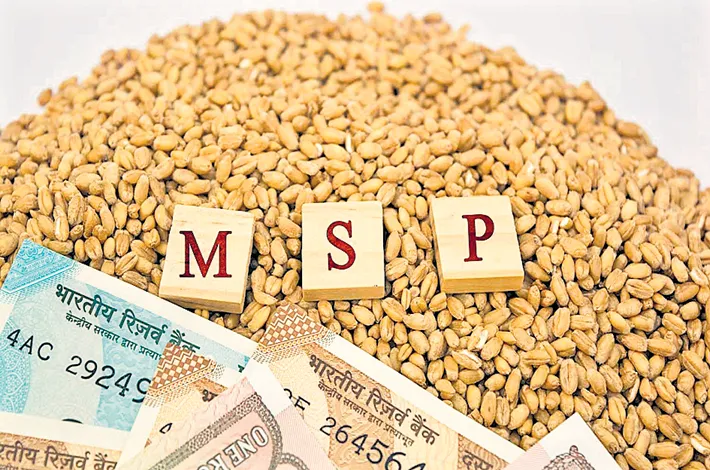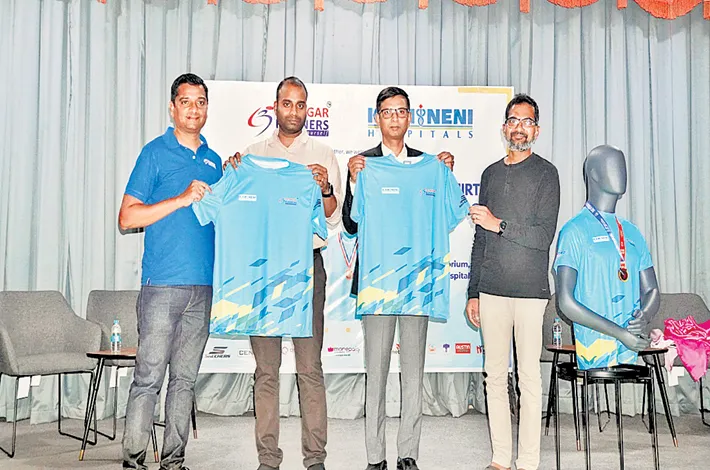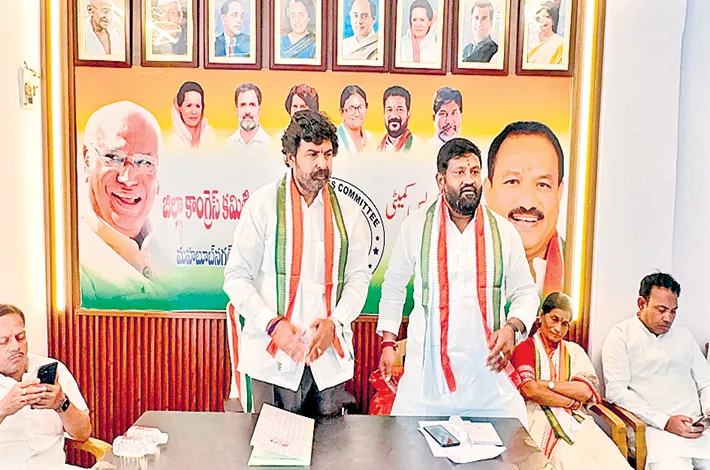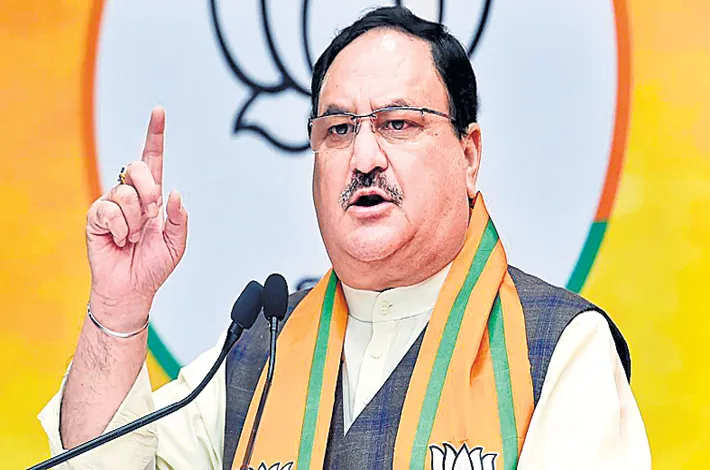Call for legal enforceability of MSP for farmers
30-06-2025 12:00:00 AM

Telangana has introduced schemes like Rythu Bhima (Rs. 5 lakhs) and Rythu Bharosa (Rs. 6000), but these benefits exclude tenant farmers. Telangana’s Rythu Bharosa lacks a cap on the number of acres, limiting its reach.
According to the 2002 census, 11% of farmers are landless, 13% are marginal, and about 11–12% are medium-sized farm owners.
The Minimum Support Price (MSP) in India primarily aims to support small, marginal, and medium farmers, not large commercial growers. Approximately 20-25% of farming involves tenancy, with land leased to farmers. Revenue records like Girdavari, Jamaband, and Pattadar Passbook often lack the names of cultivating farmers, complicating support mechanisms. In this context, the M.S. Swaminathan Committee's recommendation to fix MSP at 1.5 times the production cost is sensible, but it should be limited to small, marginal, and medium farmers owning up to 10 acres. Larger farmers, who sell to the government, should be included in suitable measures. A 2% cess could fund Farmer Relief and Suicide Prevention Funds, addressing farmer distress.
Small and marginal farmers (owning 1-2.5 acres) face harsh weather conditions, fluctuating prices, limited market access, and difficult loan procedures due to lack of collateral, despite soft loan schemes through NABARD and cooperative banks. Crop failures or loan defaults have led to many farmer suicides, particularly in states like Telangana, Maharashtra, Andhra Pradesh, West Bengal, Rajasthan, and UP. Also,
The crisis is evident in the rising number of suicides—around 260 in Telangana alone this year, mainly among tenant farmers involved in non-paddy crops like mirchi. Paddy farmers show comparatively fewer suicides. Farmers, who produce food for the nation without expectation, deserve better support, especially as the government provides free food grains to 81 crore under the NFSA. However, schemes like Kisan Bima (Rs. 6000), Kisan Credit Card, and Pradhan Mantri Fasal Bima are inadequate to reflect ground realities. Despite subsidies on fertilizers and power, farming remains unprofitable—India's produce is for domestic consumption, not for export, unlike WTO-participating countries.
According to the 2002 census, 11% of farmers are landless, 13% are marginal, and about 11–12% are medium-sized farm owners. Loopholes in Land Sealing Acts in states like Andhra Pradesh, West Bengal, and Maharashtra have failed to improve farmers’ lives after 76 years of independence. The government needs to intervene more effectively. Besides fixing MSP at 1.5 times cost, a deficiency compensation fund of 10% — or even 15% — should be introduced, as suggested by NITI Aayog. This fund would compensate farmers for the difference between input costs and actual revenue, aiding those with moderate holdings. Some states like Madhya Pradesh already implement similar programs, such as Bhavanter Bhugtan Yojna.
Encouraging Farmer Producer Organizations (FPOs) should focus on marketing rather than just financial or legal support. Farmers need access to storage facilities, weather reports, and credit. Although loan waivers are sometimes given retroactively, timely support is essential. Direct benefit transfers—such as MSP payments credited directly into farmers’ bank accounts—should be a standard, as seen in Chhattisgarh and Madhya Pradesh. The goal is to minimize middlemen by promoting cooperative farmer organizations, aligning with the earlier farm laws, which aimed to empower farmers but were repealed.
Current data shows that only about 6% of farmers benefit from MSP, which is alarmingly low. While large farmers may operate profitably without MSP due to strong market competition, small and medium farmers require legal guarantee of MSP. The government’s welfare schemes tend to favor consumers more than farmers, with limited support for producers. Thus, it’s crucial to regulate staple food prices like wheat and rice and, when necessary, purchase above MSP to maintain buffer stock during crises—taking local taxes into account. Continuous monitoring of import policies and WTO commitments is essential to protect Indian farmers’ interests.
In conclusion, the government must strengthen its support systems—through fair MSP implementation, income compensation, improved access to credit, and effective regulation—to ensure the sustainability and safety of India’s farmers, who are vital to national food security.
— Laxmi, Senior bureaucrat








